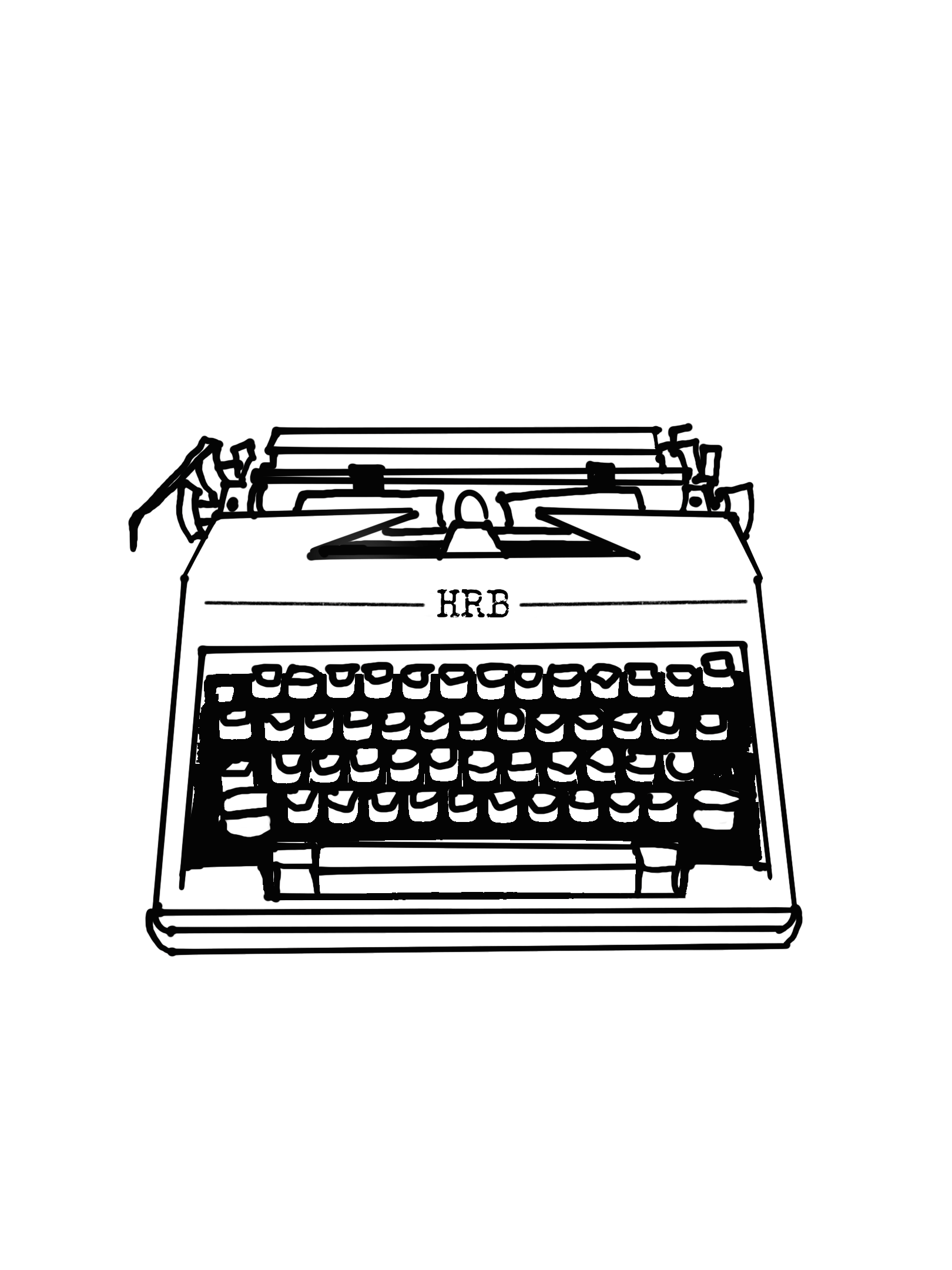
272 pages.
First published April 30, 2024 (Restless Books).
Fiction.
Of Cancers and Censors (a nice pun from the book):
This is a glorious book for book-lovers, and the best book I’ve read in recent times that addresses censorship and book bans.
Entropy in human society seems to tend not to the chaos of lawlessness that we frequently imagine, but rather towards dictatorship and central control. Certainly, in science fiction, authoritarianism is a central trope of dystopian societies (when people are not running around in Mad Max-style clothing and vehicles—which is fun, but doesn’t seem connected to how we really behave.) It’s also a truism that power tends to increasing control in failing empires. But, to get to the point—from Orwell’s 1984, to Ray Bradbury’s vivid and compelling Fahrenheit 451, and movies like Metropolis and Equilibrium (one of my all-time favourites), science fiction has shown us what authoritarianism really seeks: to control our ability to freely think, to feel, and to dream, which are the things that make us really human.
And so, back to book bannings and burnings. Fahrenheit 451 was said to have been inspired by Nazi book burnings. We don’t have to look far for an alarming contemporary example: book bans have surged in the US in recent years. (More on censorship in the US, on Wikipedia.) This being a country that considers itself progressive, and the bastion of democracy. And even in more permissive societies, boards sit to decide how we should consume artistic output. Nothing in Al-Essa’s The Book Censor’s Library is far-fetched at all.
From the book, a directive for censors:
“At all times, we must stay on the surface of language. The surface! Beware of wading into meaning.”
And the novel’s opening line:
As the book censor awoke one morning, filled with others’ words, he found himself transformed into a reader.
The new book censor has made the mistake of looking for meaning in a book he volunteered to review—Zorba—and now he can’t stop reading and secreting books at home. His own small daughter, without his influence, rebels against the repressive society they live in by having a boundless imagination, and the censor and his wife live in fear of the authorities sending her for reeducation. She has panic attacks when she sees portraits of the president, which are everywhere. She has imaginary friends. She wants to fly with the help of fairy dust (baby powder), and wants animals not to be afraid of her. She’s everything this society wants to squeeze out of its young.
It’s delightful symbolism that children like the book censor’s daughter are born free of thought control, in spite of the state’s best efforts. It’s also a beautiful and bittersweet thing that the book censor’s love for his daughter is one of the forces that drives the changes that occur in him. He’s torn between his idealistic beliefs in the principles of his society, and the pull of freedom of thought and feeling that book-reading has shown him. He is the most reluctant hero—he really doesn’t want to be a dissident; but he is unable to resist the transformational power of literature. In other words, this book says, as others have said before it: why would books be burnt and banned if they didn’t have this power?
The Book Censor’s Library is a beautifully written ode to literature, and a meditation on its meaning and importance to society. But it’s even more fun than that: see if you can catch the references in it, like the rabbits that pop up everywhere at the Censorship Authority. For readers who love books and are worried about the direction of supposedly liberal and progressive societies, this will be a sobering reminder of what’s at stake, much like 1984 was. But Al-Essa (with the help of the wonderful translators who have brought it into the English language) has also written a wonderfully humorous and captivating book that would completely delight if it wasn’t so alarming.
Very highly recommended. Many thanks to Restless Books and to Edelweiss for early access.
Support independent bookshops and my writing by ordering it from Bookshop here.

Leave a comment